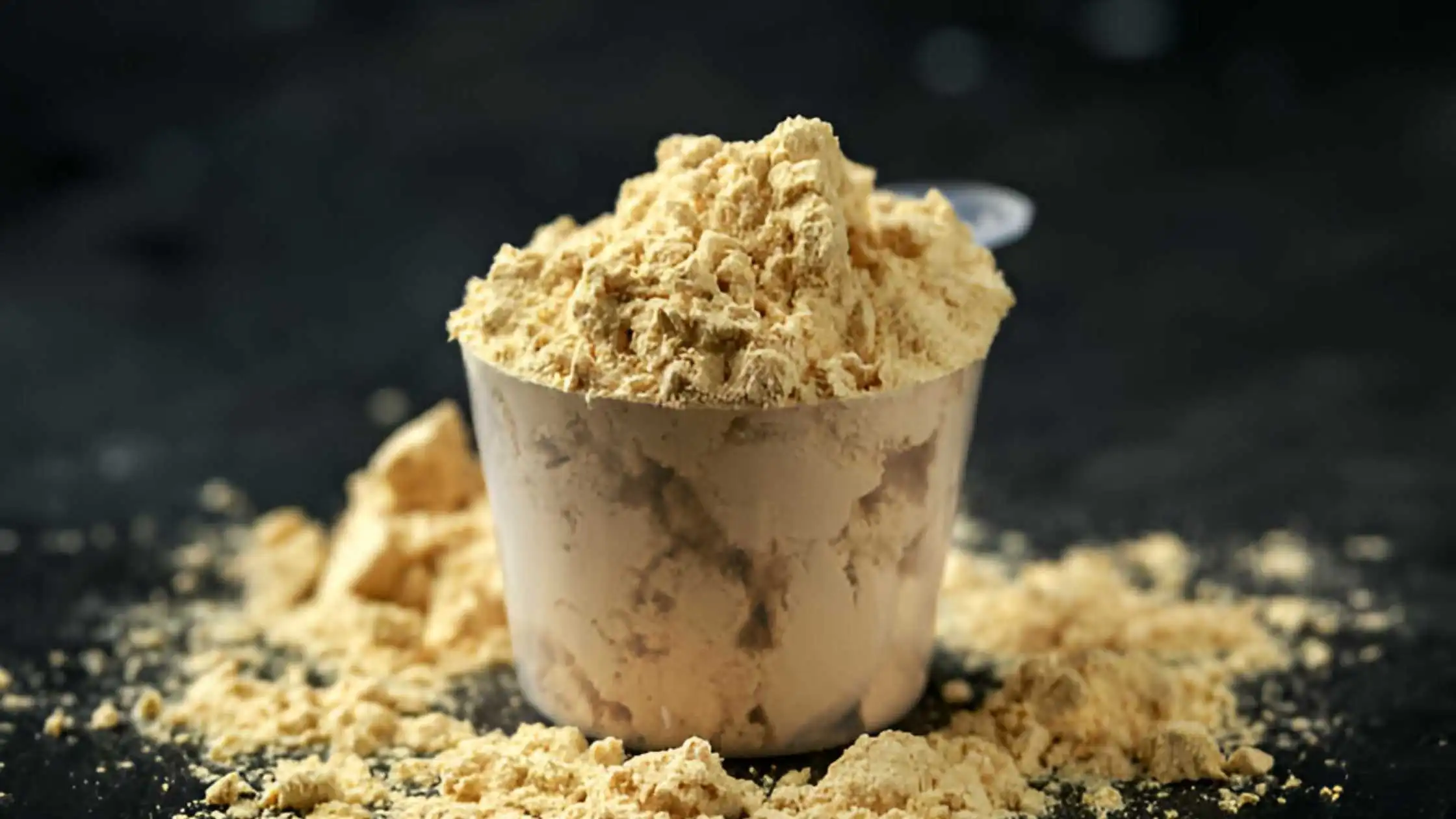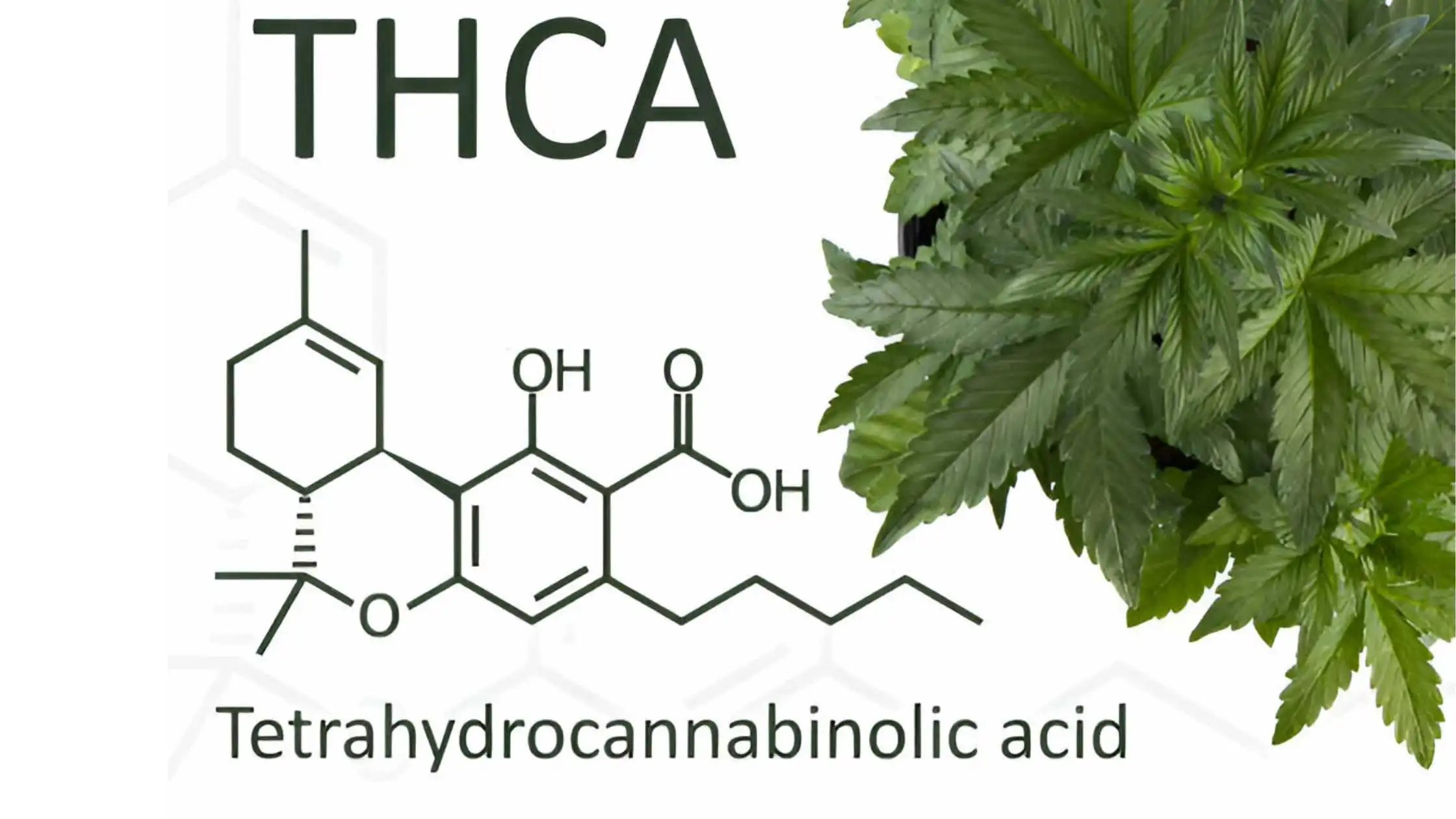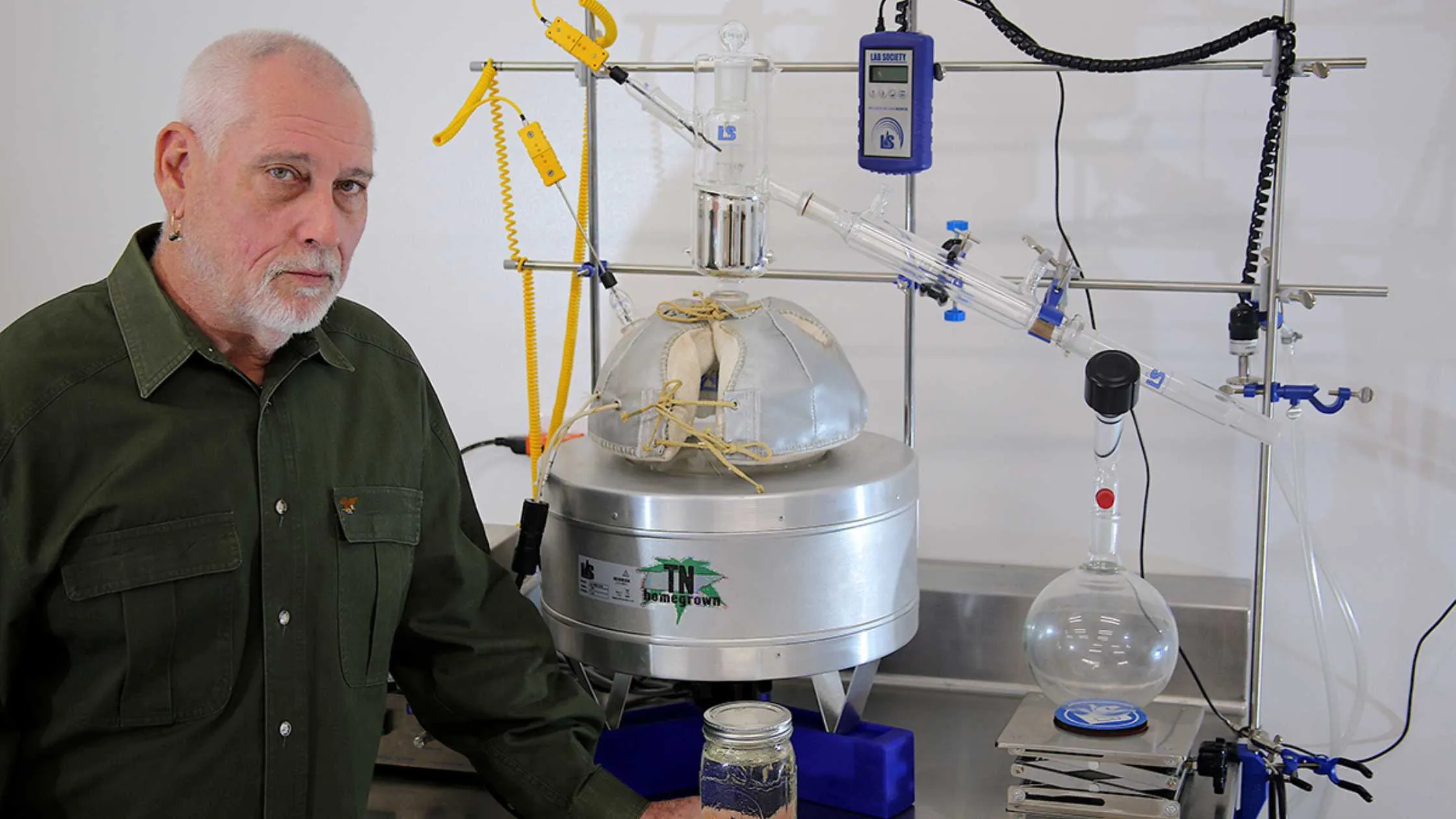The debate of hemp protein powder versus whey protein powder tends to sway back and forth between advocates on both sides. However, the advocates of Whey Protein Powder overlook the processing methods of Whey and the nutritional breakdown of Hemp within the body.
Usually, when brands advertise proteins, they go for a quantitative approach, but we’re here to tell you that it’s the quality of proteins along with the fiber content that is the real game-changer for your health, and that is mainly derived from a plant source.
Your body is a complex biological chemical factory designed for a plant-based source of nutrition. Allow nature to do its nurture. You may read more to back the claim of how a plant-based diet is the right fuel for your body here:
So, have you ever wondered why so many people are lactose-intolerant – take a guess.
It may be that this information could settle the score, but acceptance from both sides is necessary.
Whey vs. Hemp will be heard once again. Every individual needs to choose what is best for his or her needs, and we’re here to help you decide!
I am starting with the first stage of making.
The Process – WHEY
Whey protein is a by-product of the cheese-making process. It is derived through a series of mechanical separations and filtration during milk’s heat-treating process.
What is disappointing about Whey is that manufacturers often use a hexane chemical agent in the protein isolating process to obtain such a fabulous 99% protein concentration in whey protein powders.
Unfortunately, the consumer cannot determine strictly what process is used to isolate the protein.
Another concern is that many whey protein powder products use filler proteins or non-essential amino acids, such as L-glycine or L-Taurine, which the human body cannot absorb and digest and provide no nutritional quality to the body.
It’s just there to boost the protein concentration and numbers in the amino acid testing (primary protein compound) during the final food quality analysis.
This is highly discussed in the supplement and fitness industry and is known as “amino acid spiking.” If you are using Whey, be sure to read your labels. You should not be consuming ’empty’ protein products that do more harm to your body with the misconception that you’re increasing your protein intake.
The other issue is the use of sugars and artificial flavoring in these products, which mask the chemical taste of these powders, which provide no nutritional value whatsoever to the consumer.
Again, who would ever be a fan of artificial ingredients in their foods?
The Process – HEMP
In India, Hemp is grown in pristine nature on the luscious foothills of the Himalayas. As a plant, Hemp requires no fertilizers or pesticides to grow. It’s as natural as nature can get.
It takes the hemp plant around 3-4 months to grow and produce seeds for harvest. Ancient wisdom and modern science have proved these seeds to be the World’s best Superfood. These seeds are converted to make Hemp Protein Powder.
Hemp protein powder is a by-product of pressing Hemp Seed Oil. The defatted Hemp remains are called Hemp cake. This Hemp cake is then milled into a fine powder. During the entire process, no chemicals or additives are added.
There is no need to add sugars or artificial flavoring to Hemp Protein Powders, as these do not add any nutritional value to the powder, and Hemp vouches for allowing nature to do its nurture.
This powder has a nutty, earthy, organic taste and can be consumed with water/shake or blended into food, like adding it to the data (flour) of your roti/chappati or daal-rice.
Nutritional Breakdown – WHEY
Whey wins the ‘quantity’ of protein war when compared to apples.
It has more protein, fewer carbs, and calories than its Hemp competitor.
However, the methods used to isolate these proteins are not recommended for the human body as they do more harm than good.
Whey contains mainly alpha-lactalbumin and beta-albumin and is exceptionally high in branch-chain amino acids. Although the amino acid profiles of Whey protein and Hemp protein differ, both contain all essential amino acids.
However, since Whey is derived from an animal-based product and contains artificial ingredients and chemicals, it is much harder for our system to digest. This results in the common problem That users face—bloating, which is a clear indication from our bodies that it’s not the right fuel for us.
Nutritional Breakdown – HEMP
Hemp protein is a natural plant-based product that contains all 20 amino acids, including the 9 essential and 2 semi-essential amino acids required for the human body.
With a protein base compromised primarily of Edestin and Albumin (the same amino acid that gives eggs their glory), Hemp protein is easily digested (Hemp is rated as a 90% digestibility protein), which is another reason it’s ranked above Whey.
All Hemp foods also contain important poly-unsaturated fats (Omega 3, 6, and 9) and Fibre. However, hemp protein powder is very high in insoluble fiber, which is very important for the body to eliminate toxins, prevent eases, and improve the digestive system’s functioning.
We cannot stress the importance of fibers for your body, which are only available from a plant-based source.
Apart from protein, Hemp has added benefits such as essential vitamins and minerals such as zinc, iron, calcium, potassium, magnesium, etc., which boost your body’s immune system. It also helps recover from inflammation and boasts a complete amino acid profile. And we all know, more than the burn of working out, the post-workout recovery is essential.
Hemp is also incredibly high in arginine and glutamic acid, which are conditional amino acids used and needed by the body when it becomes ill or stressed.
Further, it is safe for vegans and vegetarians, while Whey protein is only safe for a select group of vegetarians because of the risk of residual dairy.
Environmental effects – WHEY
The dairy industry is one of the leading causes of global warming. Many people have a false image of the dairy industry and what a dairy farm looks like. People who pay attention to factory farming and its consequences know that factory farms consume a lot of water and produce tons of methane, which is not sustainable for the future.
Environmental effects – HEMP
Hemp is a very sustainable crop, and its farming can benefit the environment.
Hemp produces 4x more oxygen than trees and absorbs a lot of CO2 from the atmosphere, which means that Hemp might prove to be one of the means of saving the planet from Global Warming.
Hemp requires very minimal water use and no fertilizers or pesticides to grow. If you’re looking for a protein powder that is friendly to your body’s health and your wallet and contributes to the environment, then Hemp is your choice!
As you can see, Hemp wins the battle due to its easy digestibility and complete protein profile, which comes along with the added benefits of essential fibers and minerals. These make Hemp a wholesome nutritional choice and set it apart from other protein powders.
As a consumer, you can decide what trade-off you want.
PS: If you’re still of the belief that plants can’t bulk you up, head here to blow your mind away:
Disclaimer: This article is originally published on indiahemporganics





